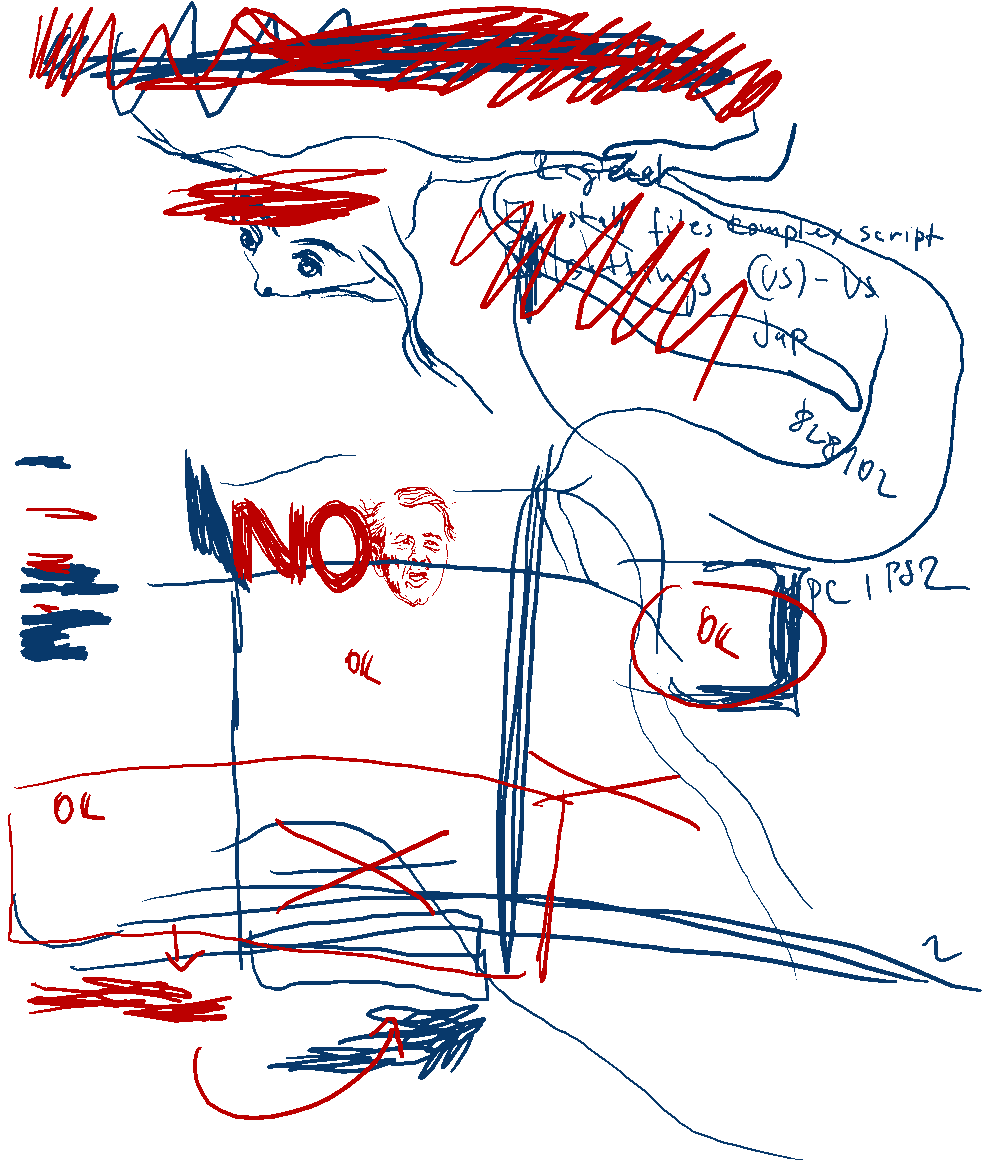A Russian court has dismissed a case that sought to restrict the rights of 13-year-old Masha Moskalyov’s parents, after both the teen and her father drew attention from Russian authorities for their criticism of the war in Ukraine.
Officials briefly placed Masha in an orphanage after her father, Alexey Moskalyov, who was raising Masha alone, was charged with “discrediting the Russian military” for expressing anti-war sentiments online.
But the Commission on Juvenile Affairs in the city of Yefremov — located in Russia’s Tula region south of Moscow — dropped the case against her parents Wednesday, according to independent human rights organization OVD-Info.
A lawyer with OVD-Info, Vladimir Biliyenko, said in a statement Friday that protecting Alexey’s parental rights was an important moral victory. Biliyenko, who represents the father, thanked “all caring people who worried about this family.”
Russian officials say Masha is now with her mother: An official on the Commission on Juvenile Affairs said they had been making arrangements with Masha’s relatives while the teen was in the orphanage, according to OVD-Info.
Now she is in her mother’s care and has resumed her studies, said the official, Svetlana Davydova, according to the human rights group.
“Thus, today the reasons that were indicated in the lawsuit on the restriction of the rights of parents have been eliminated,” it quoted Davydova as saying.
More background: In April 2022, Masha drew a picture of Russian missiles being fired at a Ukrainian family and wrote “No to war” and “Glory to Ukraine” during her art class, according to Russian independent news outlet, Mediazona. Her school subsequently called the police.
Almost a year later, a Russian court sentenced Alexey Moskalyov to two years in prison over his online posts critical of the invasion of Ukraine. That sentence came down in March 2023.
Alexey escaped house arrest on the eve of the verdict but was tracked by the authorities and detained in Belarus two days later. Last week, Russian state media reported Belarusian law enforcement agencies had handed him over to Russia.
His current location is unknown.





















